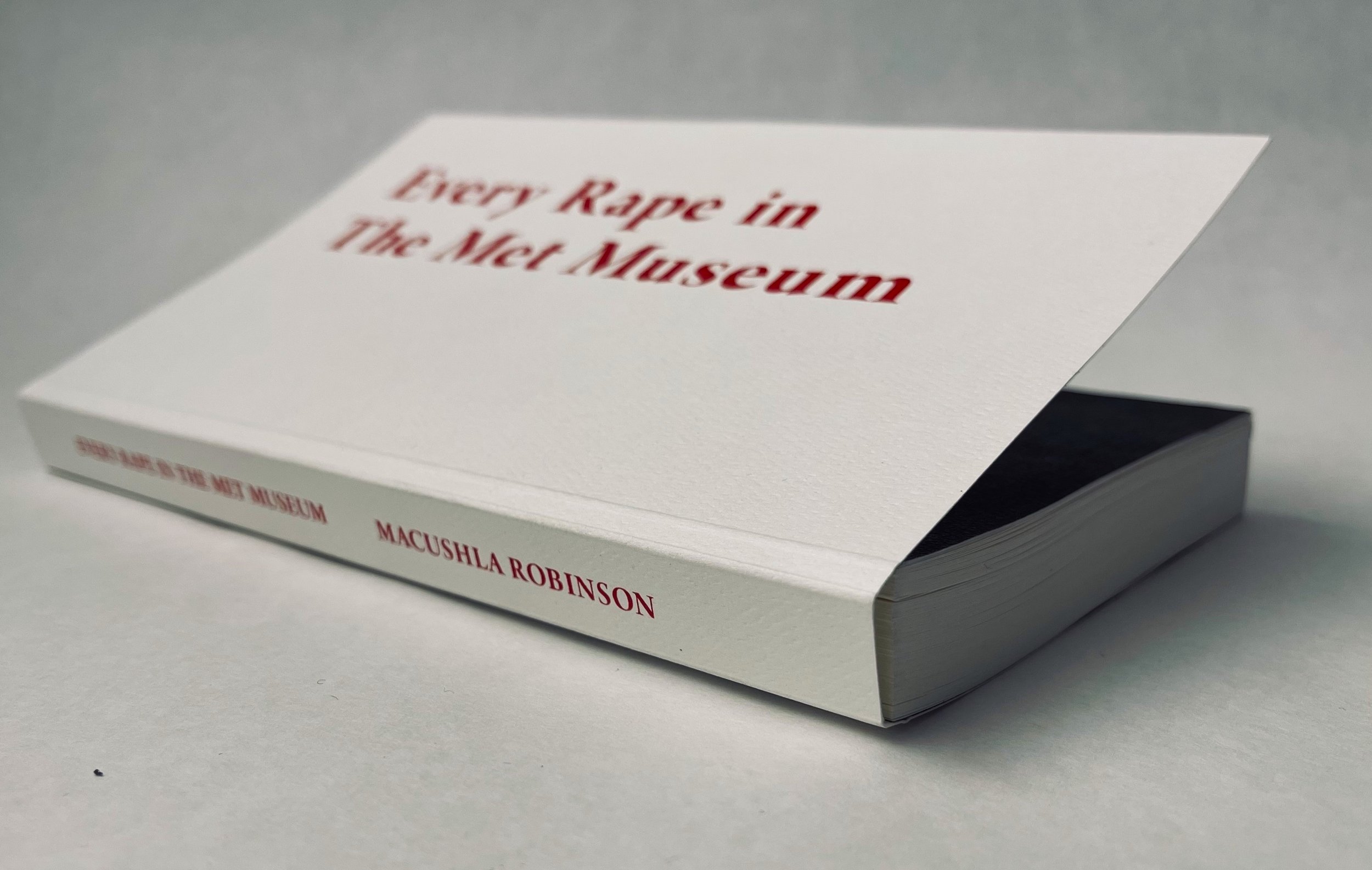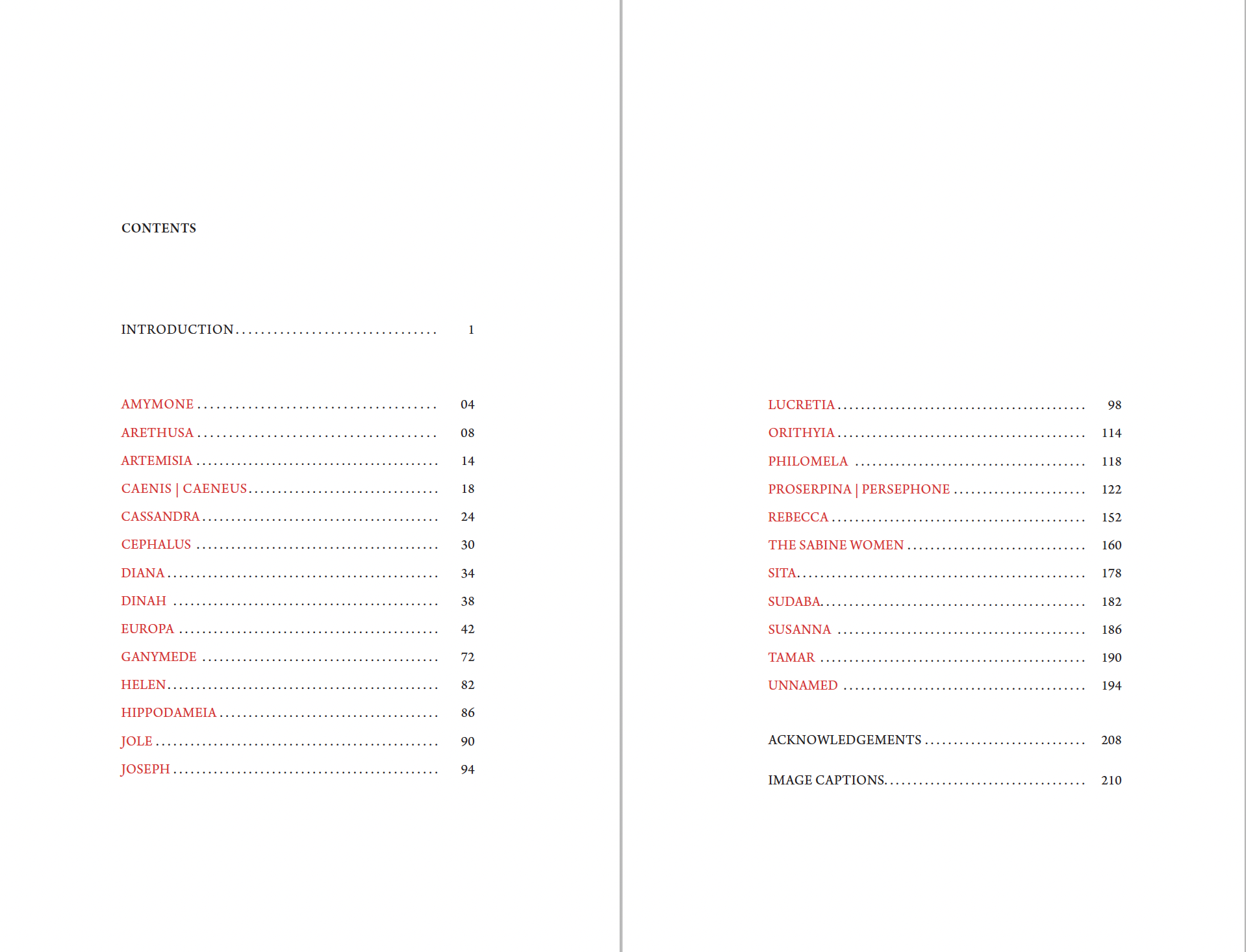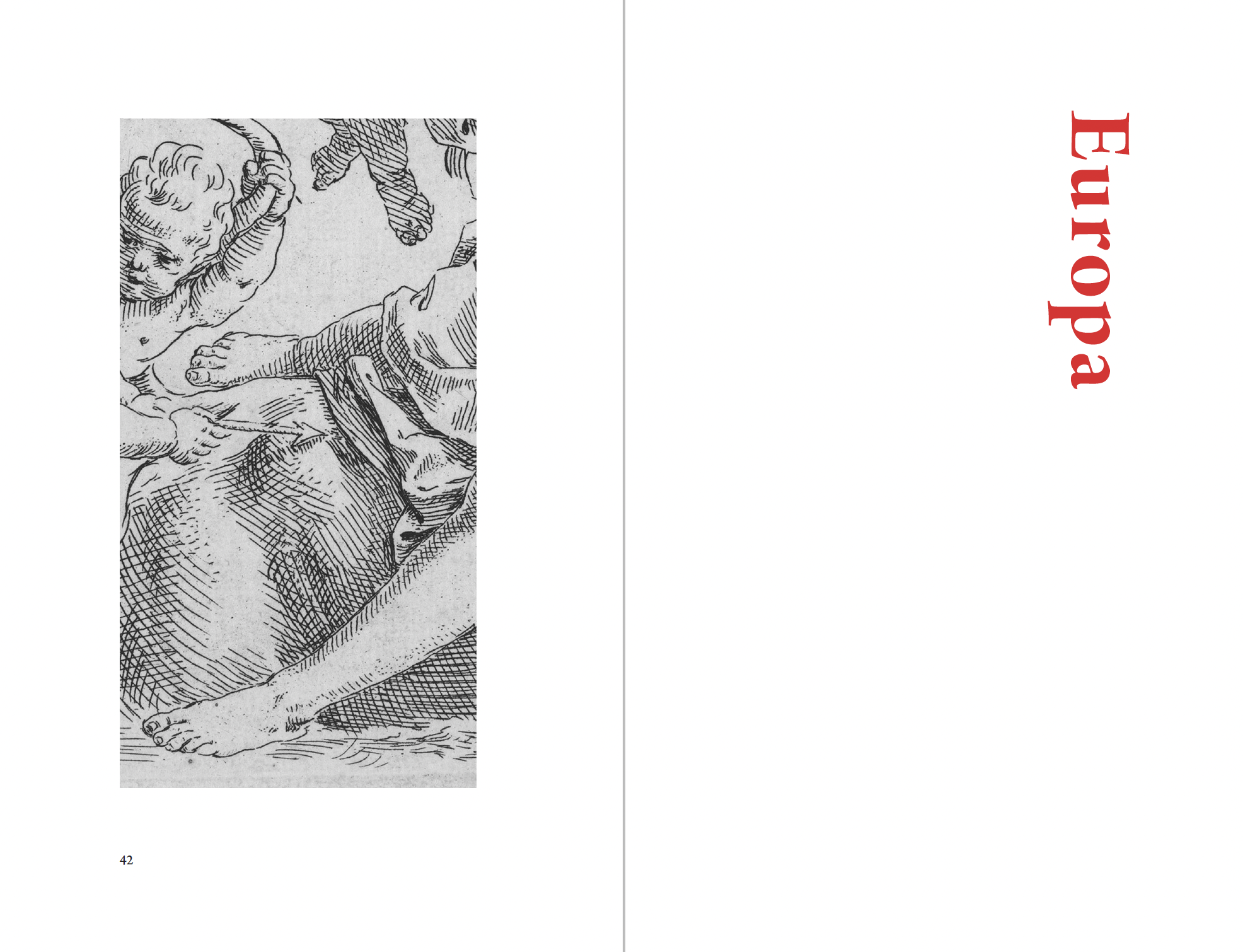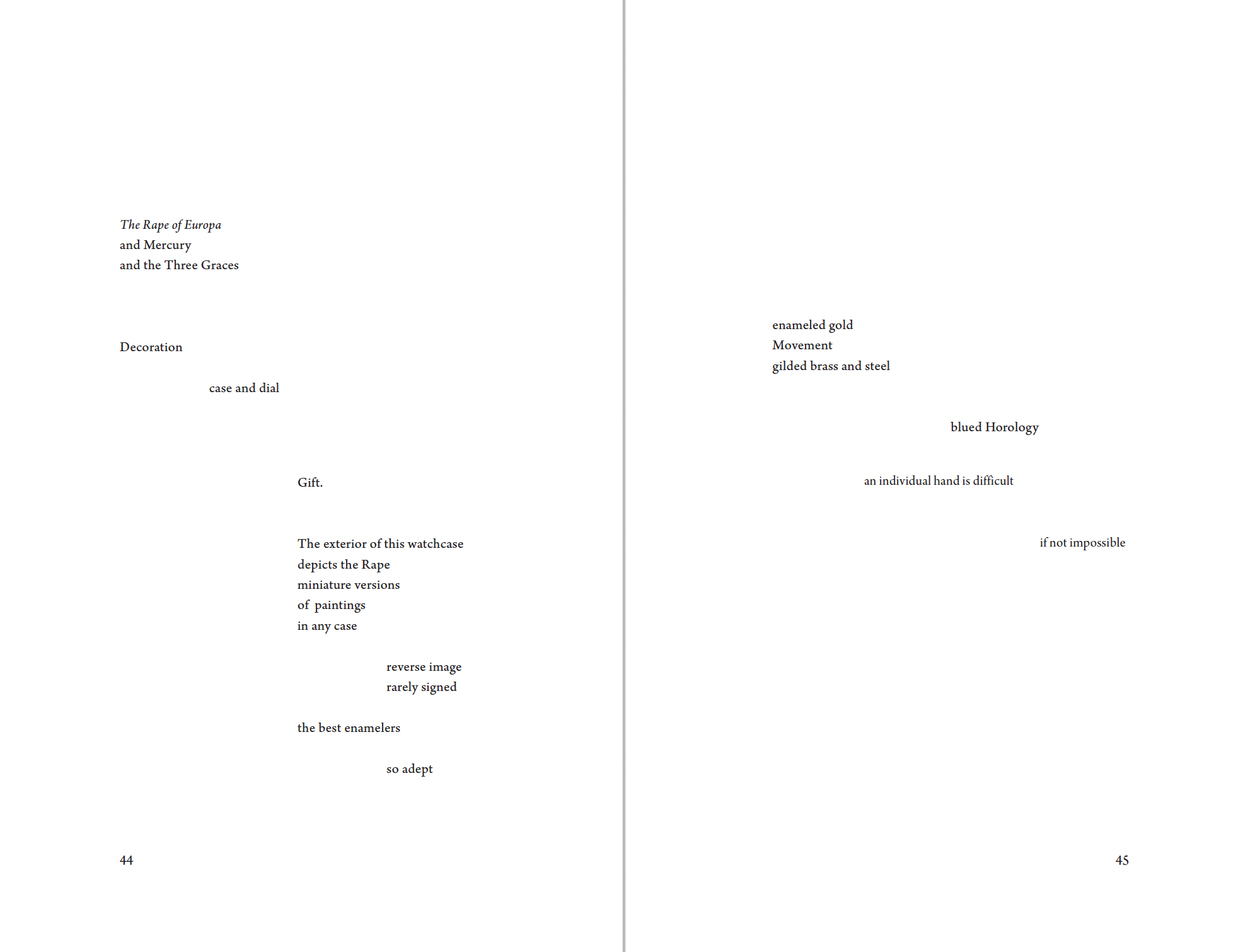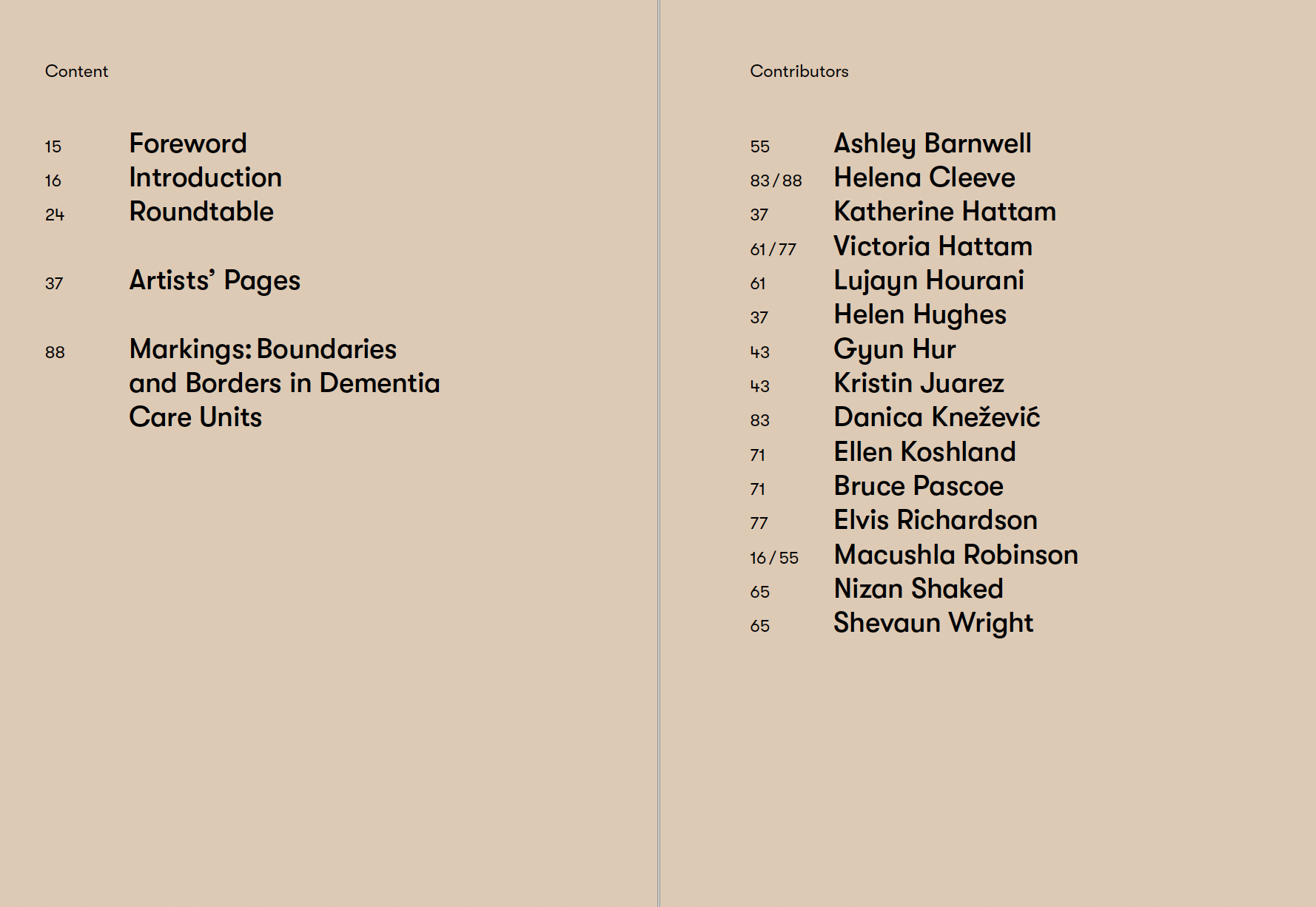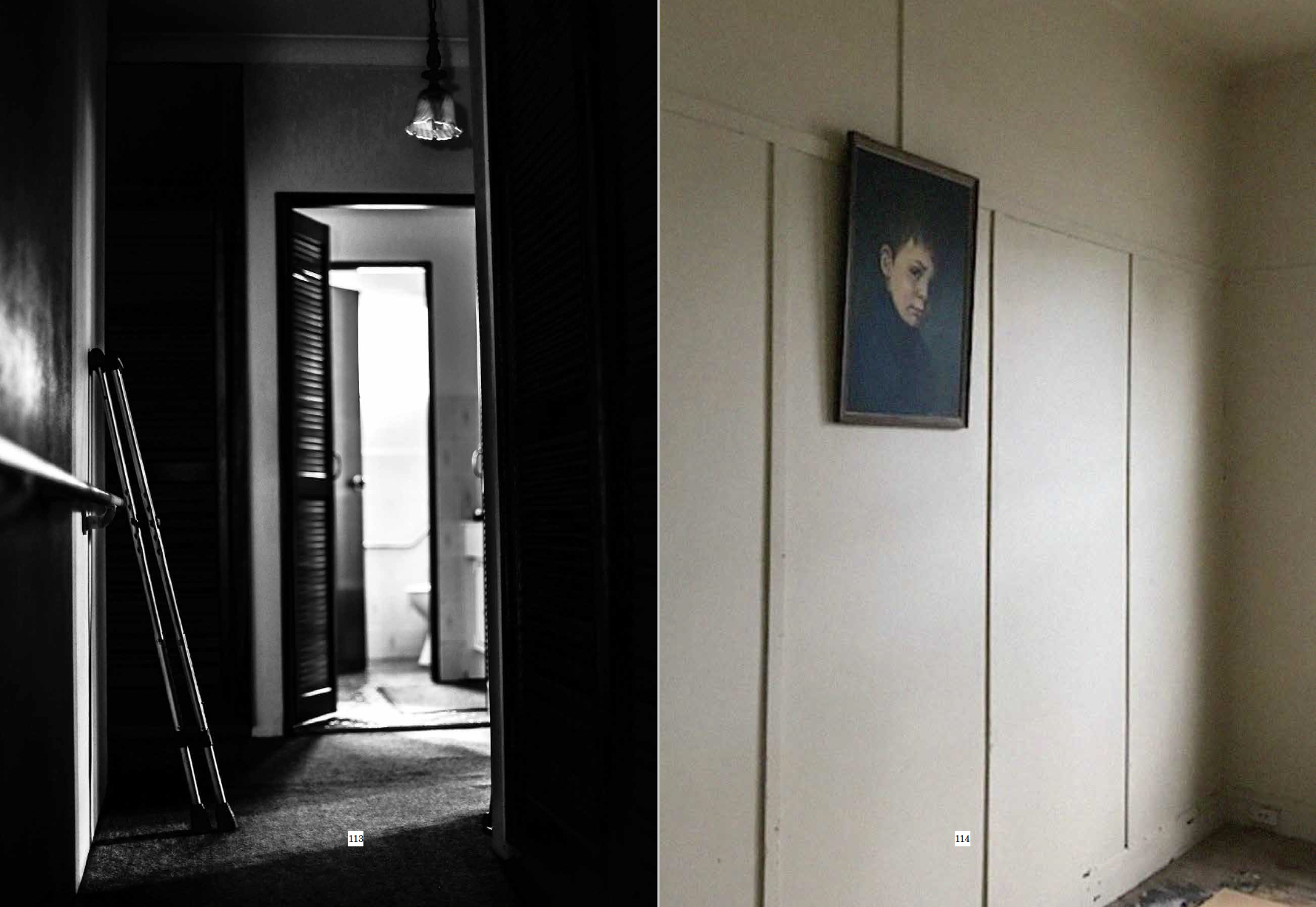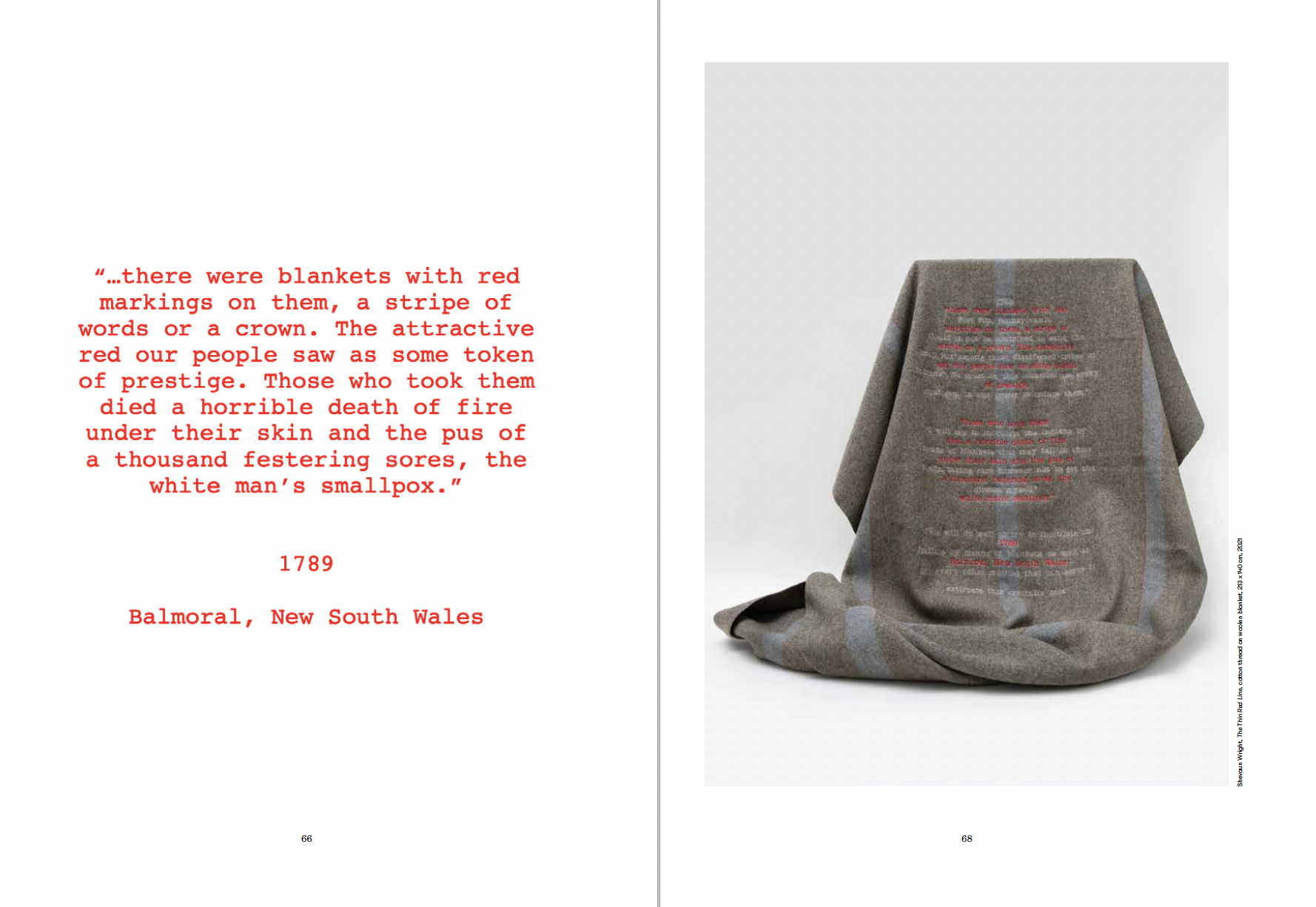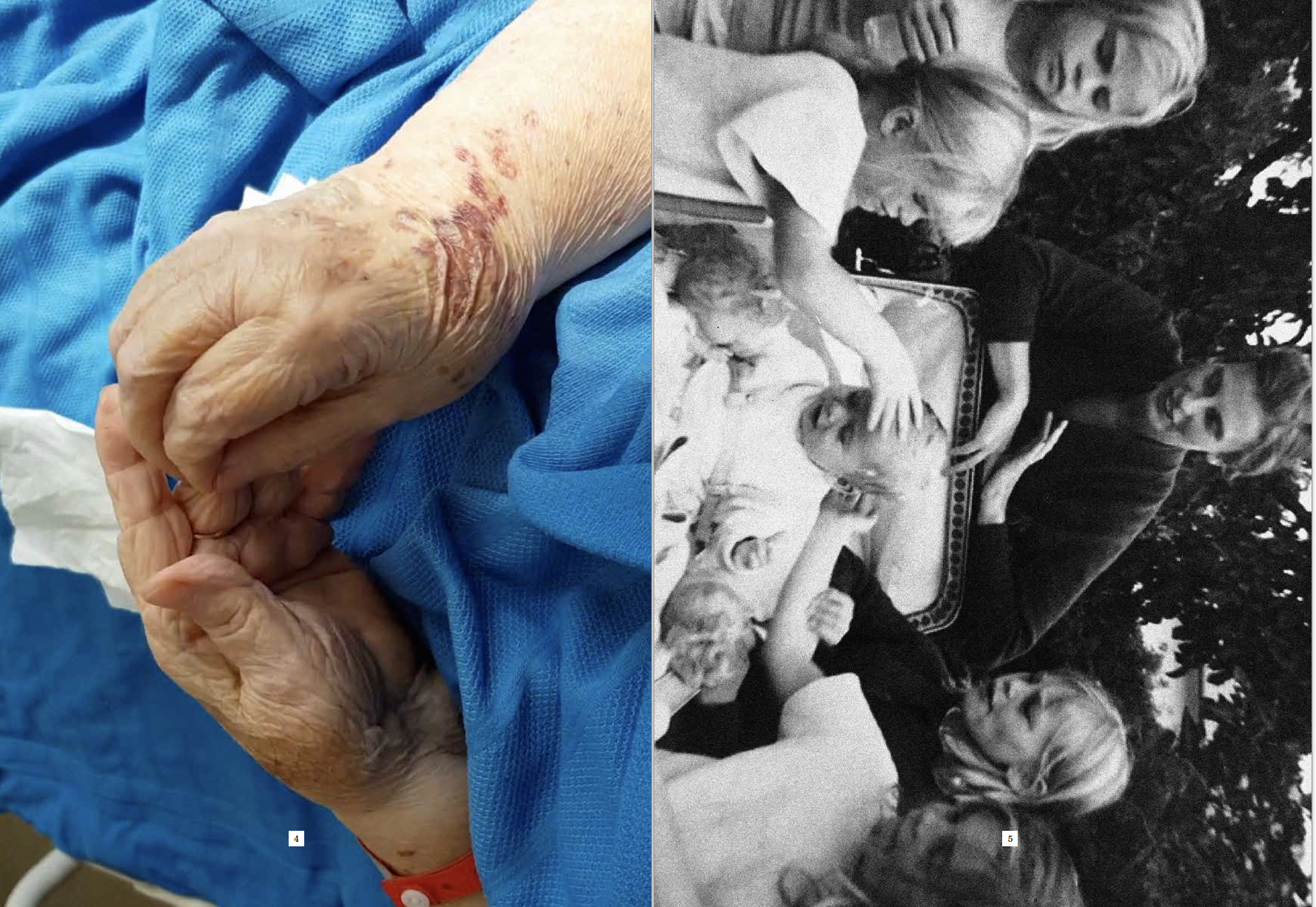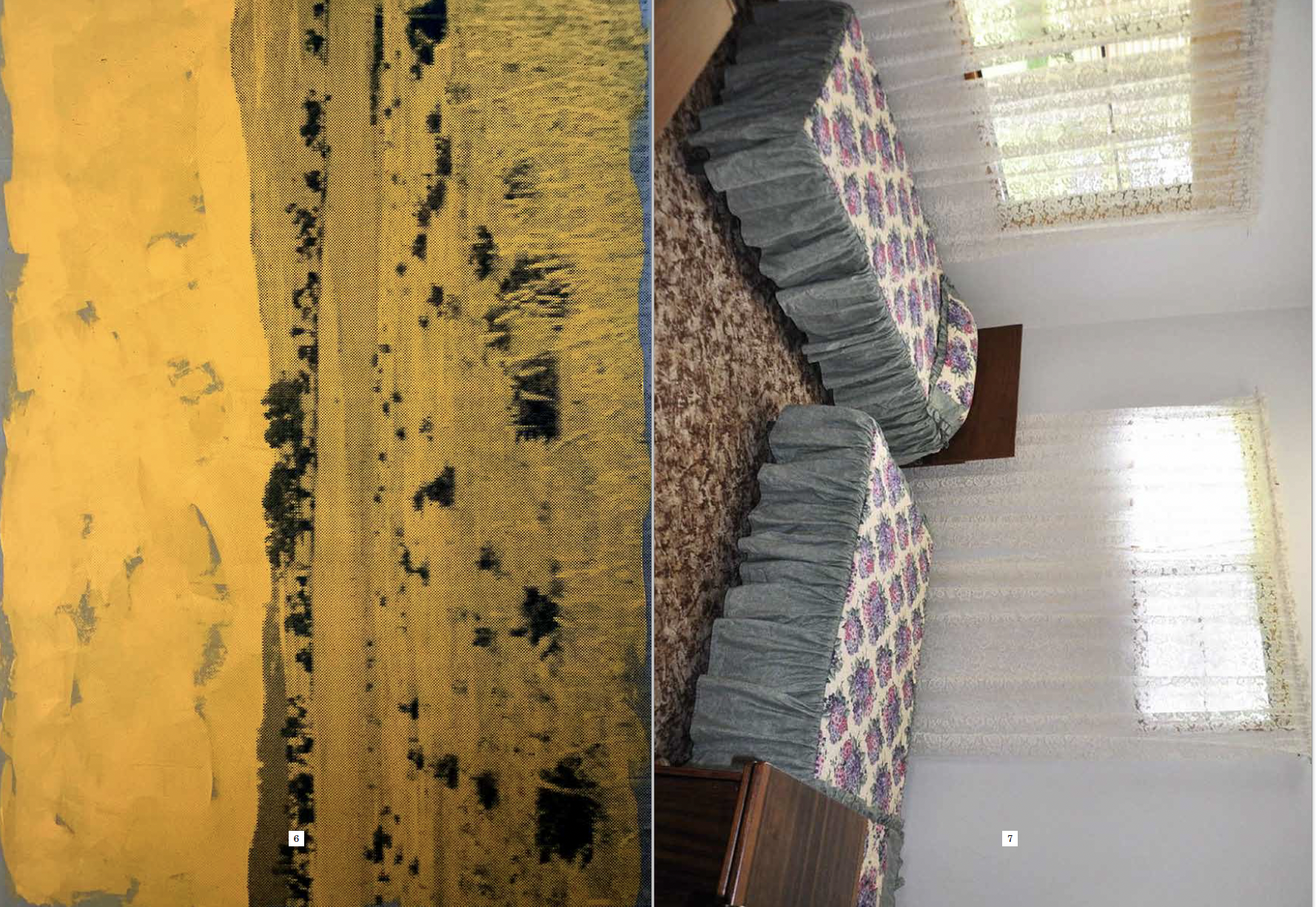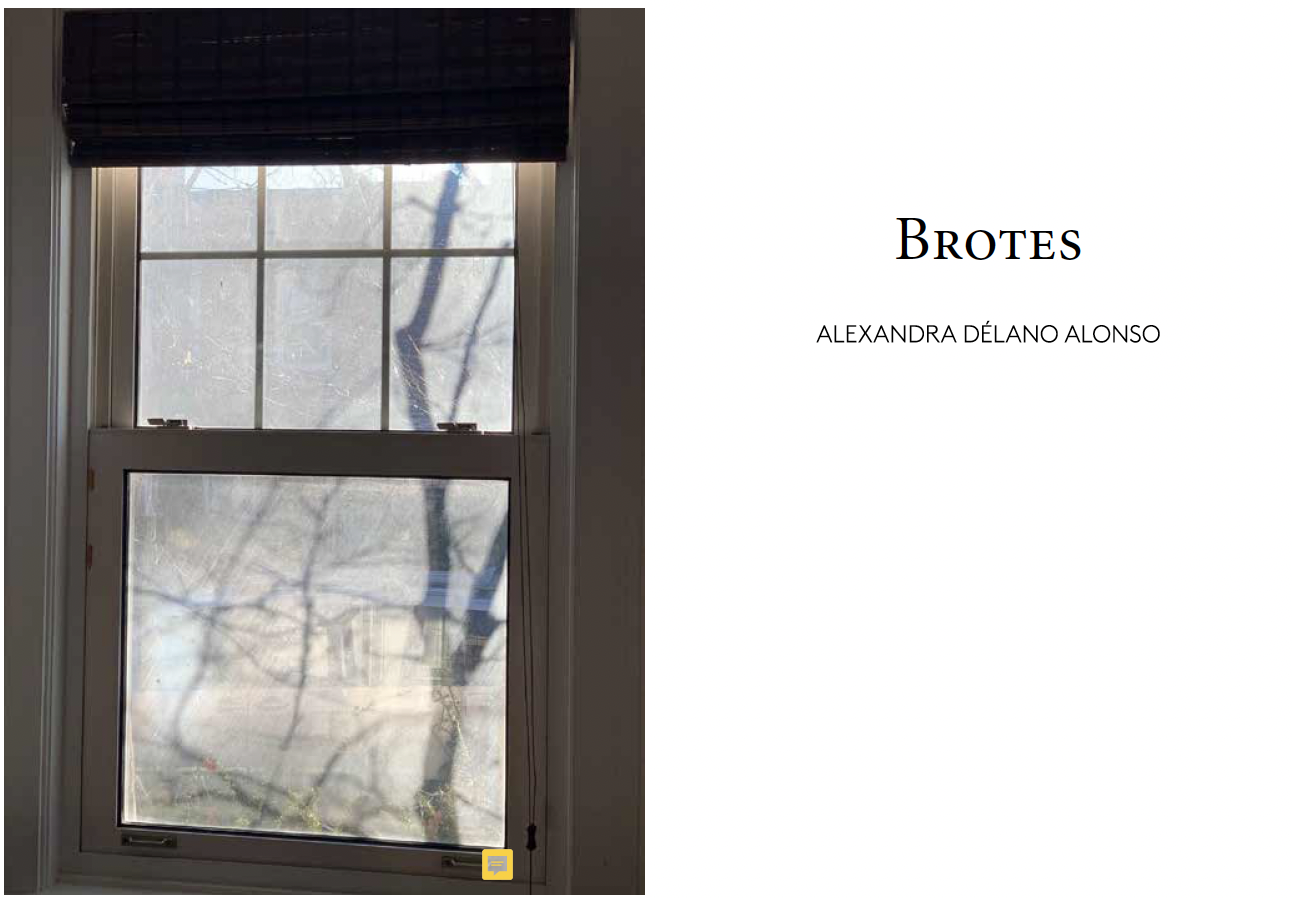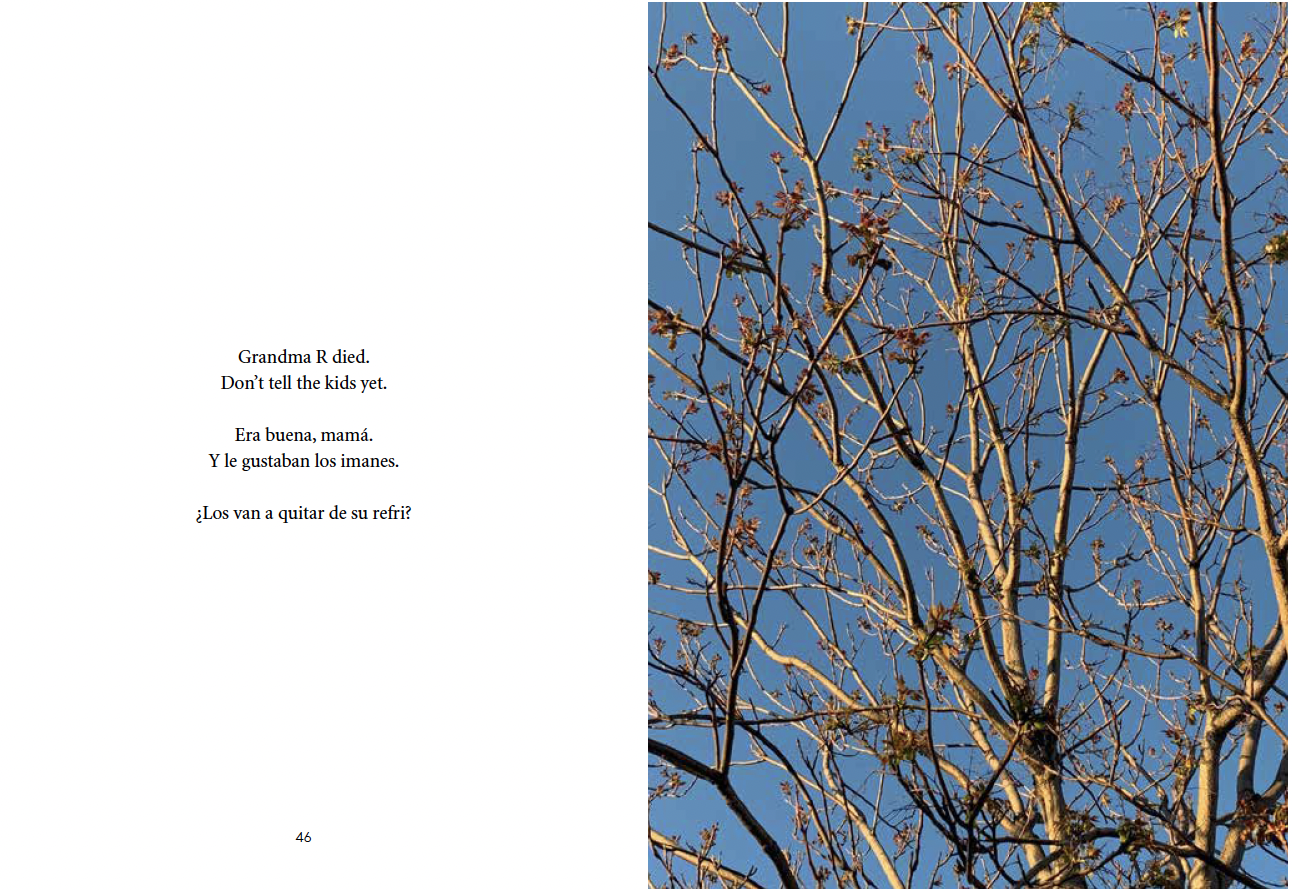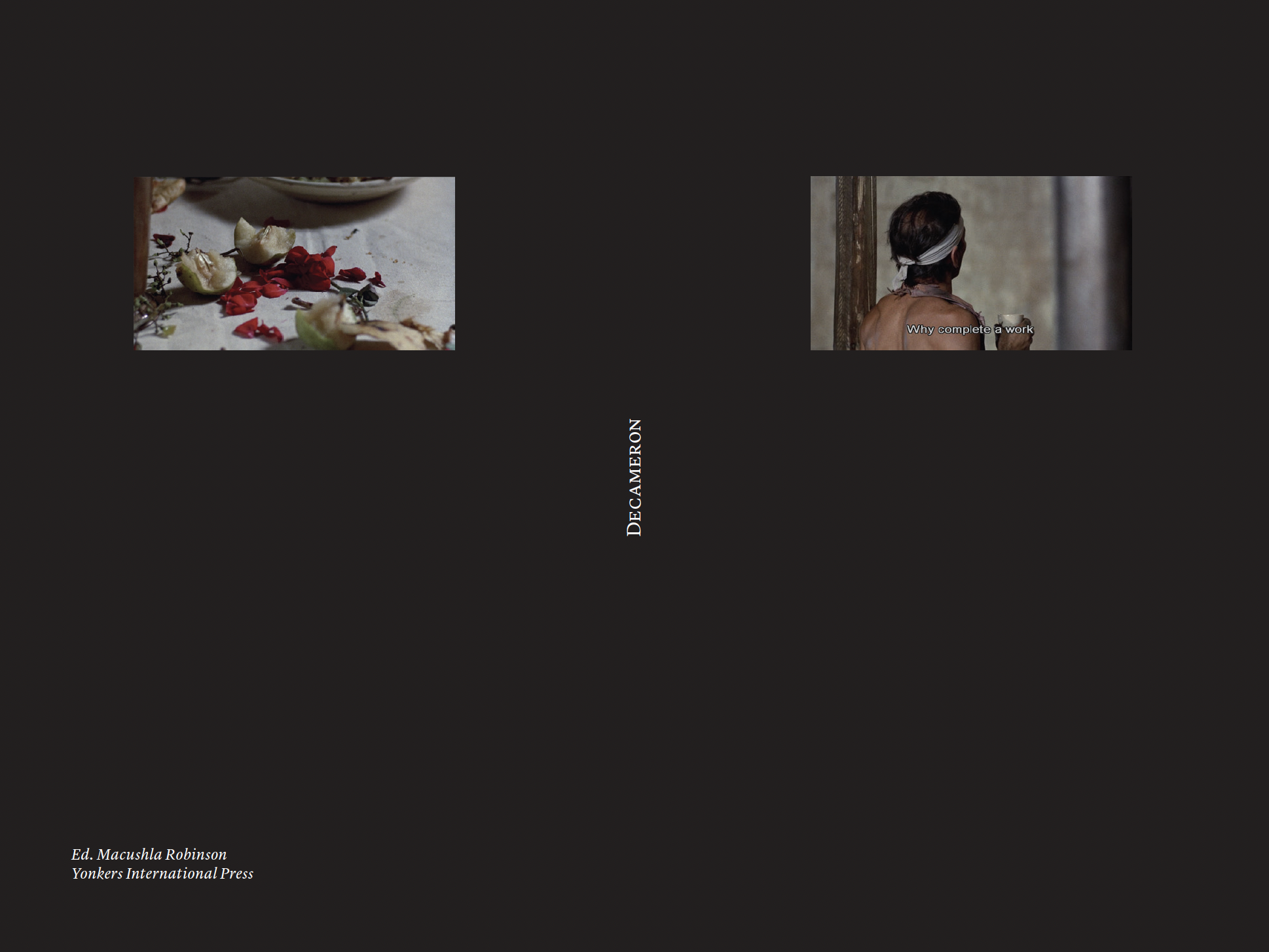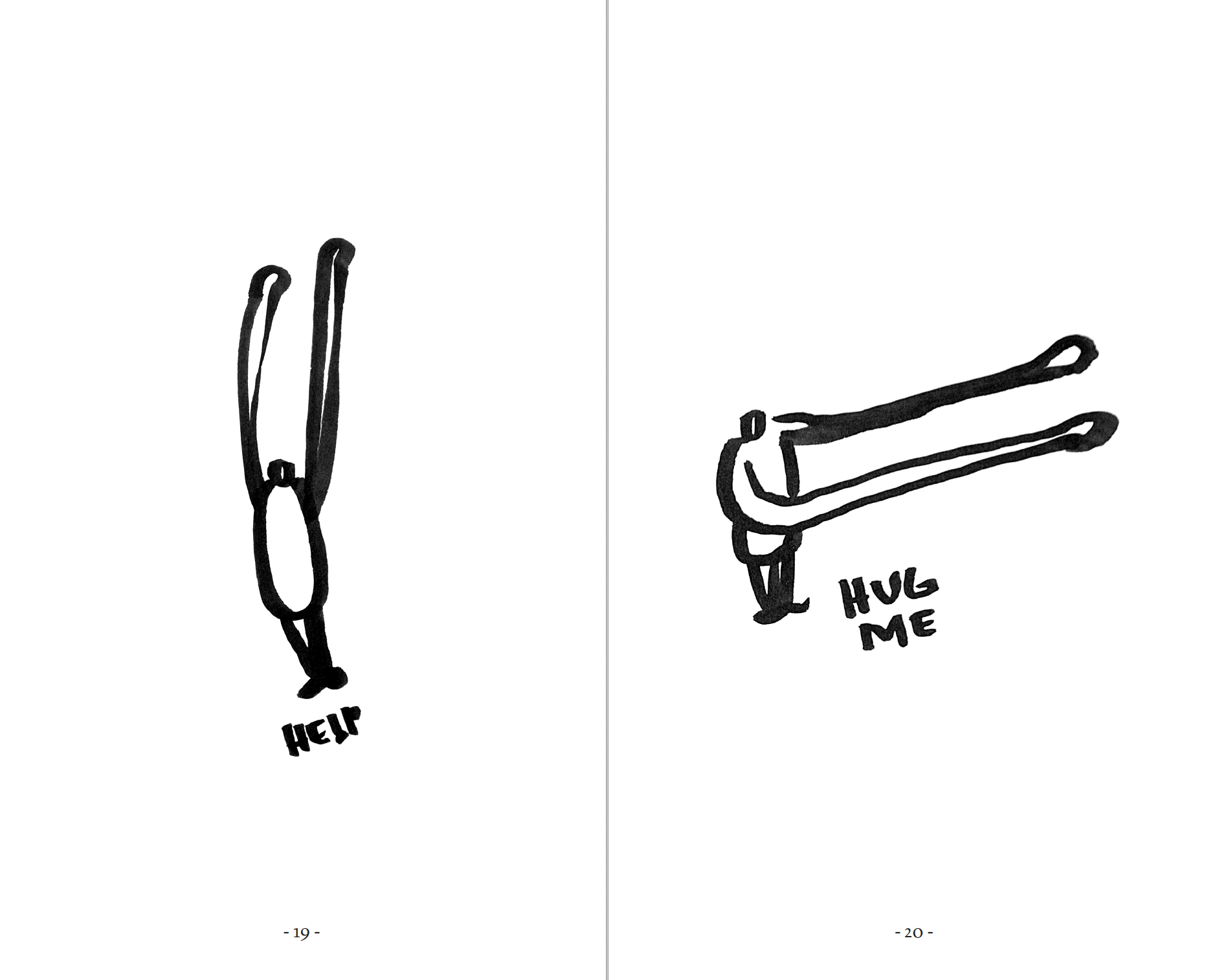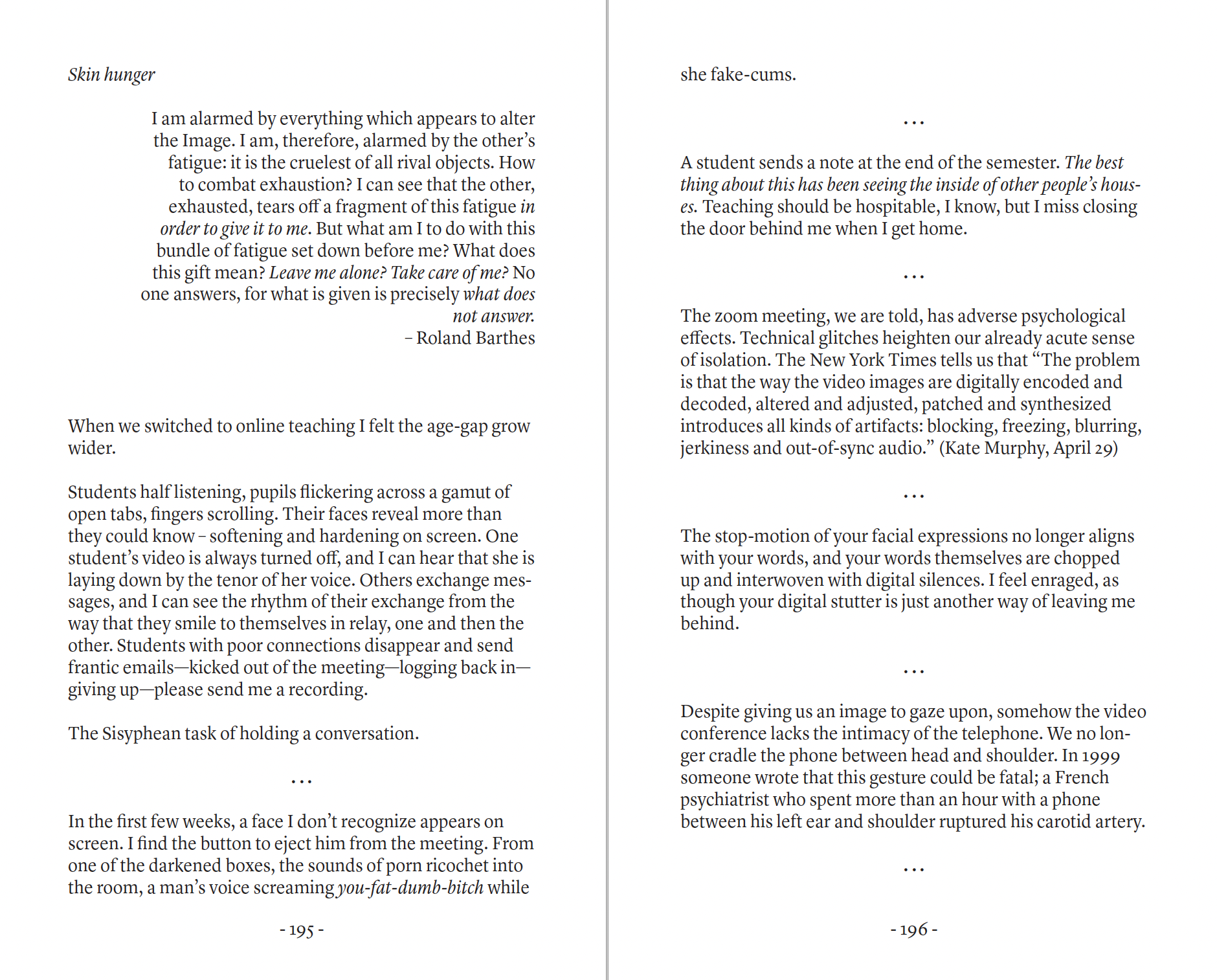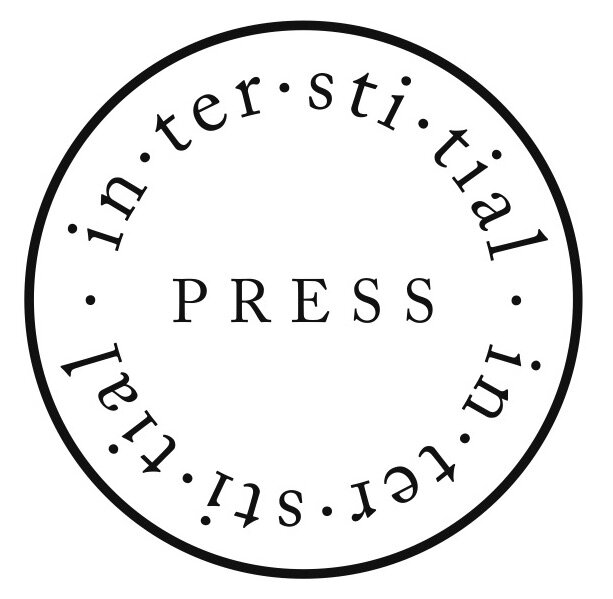
Every Rape in the Met Museum | Macushla Robinson
If you type the word ‘rape’ into the Met Museum’s collection database, it returns some 181 results. The works range from large paintings and sculptures to print folios, ceramic plates, pocket watches, vases, snuff boxes and other decorative homewares. Only six of the total 181 pieces are made by women artists.
Last year, Macushla Robinson began documenting and analyzing all 181 works that surfaced with that keyword search. Art history has traded on stories of rape to create drama, to set up opportunities to paint nude women, and to display the mastery of the artist over his subject. But these images, and the way we describe them, shape how we think about women’s bodies and what can be done to them. Millions of people visit the Met Museum every year.
She selectively extracted and arranged the existing texts, drawing attention to the way that museums have long glamorized and at the same time minimized sexual violence.
Rewriting: The Politics of Care | Edited by Macushla Robinson
This intergenerational and interdisciplinary project brings together the work of six artists and scholars located in both Australia and the USA. They approach the question of care from different directions, whether honoring neglected female artists, documenting the unconscious gestures of a grandmother, or attending to the ways in which colonization and cultivation have devastated indigenous populations and the Australian landscape. Though they delve into divergent topics, collectively these works reveal the iterative, often invisible nature of care.
Contributors: artworks by Katherine Hattam, Victoria Hattam, Gyun Hur, Ellen Koshland, Danica I. J. Knezevic, Elvis Richardson, Macushla Robinson and Shevaun Wright. Writing by Ashley Barnwell, Helena Cleeve, Victoria Hattam, Lujayn Hourani, Helen Hughes, Kristin Juarez, Bruce Pasco, and Nizan Shaked.
Brotes | Alexandra Délano Alonso
Published in collaboration with Elefanta Editorial.
Written during the first wave of Covid 19 in Queens, New York, this series of poems and images probes the emotional, political and personal fragmentation brought on by the pandemic. As a native Spanish speaker from Mexico living in New York, Délano Alonso writes in English and Spanish, with references to the pandemic in both the Mexican and US contexts. Délano Alonso alludes to voices, images, dreams, the death toll, the daily encounters and the intangible losses of this moment. The texts are accompanied by photographs of the trees in her neighborhood as they shift from bare winter into blossoming spring, marking the incongruous passage of time when the world as we knew it seems to have come to a halt.
Decameron | Edited by Macushla Robinson
Produced and published with Yonkers International Press
This book was conceived in the early days of the COVID-19 lockdown. It was published by Yonkers International Press, but it was the point of departure for in·ter·sti·tial press. The medieval book from which it takes its name—Boccacio's Decameron—was a prompt and a point of departure; perhaps we could keep each other company in writing, even as we were all confined to our separate places of quarantine. This collection contains poems and fragments, reflections, narratives and images produced between March 18 and April 10, 2020. It is a cross-section of a moment in time, and in the time that has elapsed since submissions closed, the world has become yet more complex. While the uprising sparked by the death of George Floyd in May was yet to come, many pieces in this collection attend to the underlying structural inequalities that impacted populations during COVID-19. Together, these pieces convey a breadth of human responses to extraordinary circumstances, from loneliness to fantasy, anxiety to mortality, and from hope to silence.
Contributors: Justin Allen, Judy Annear, Adam Brody, Maurice Decal, Alexandra Délano Alonso, Caroline Dionne, Thom Donovan, Karin Ferrari, Jonathan Gray, Sarah Firth, Daniel Green, Aurelia Guo, Victoria Hattam, Athena Kokoronis, Mark Larrimore, Chantal Meng, Sara Morawetz, Justin Paton, Michael Pettinger, Dominic Pettman, Cheon Pyo Lee, Lovell Smajstrla, A.W. Strouse, McKenzie Wark, Izzy Wu

in·ter·sti·tial press is so named because it exists in between things—disciplines, methodologies, and modes of thinking. Its publications are small, poetic and scholarly meditations that don’t quite belong anywhere else. These are conversations that flourish in the cracks and fissures within institutions, and on their peripheries. The press operates on a dual publication model, reflected in two imprints: Fastbooks are small, focused and readable: they are extended essays, fragments and anthologies. Very often responsive to current conversations, these use the print-on-demand model and will be published quickly to preserve liveliness, relevance and affordability. Slowbooks are artist’s books with a strong focus on the material dimensions of research and design; they will be handmade, beautiful objects that might live on the bookshelf as a work of art.

